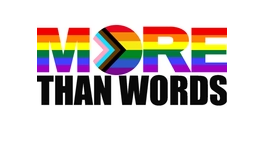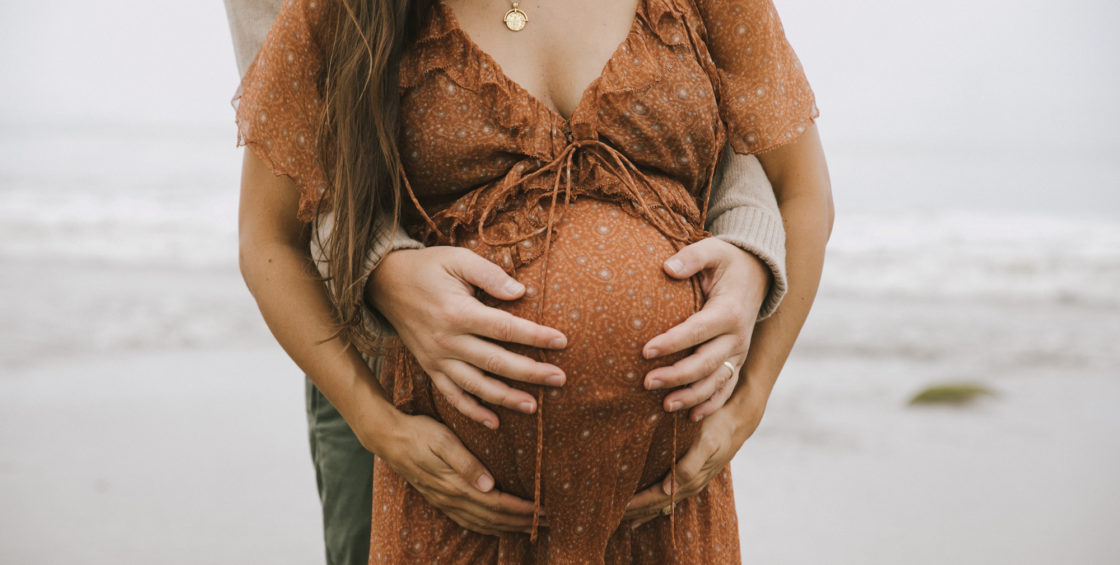
The Northwest Abortion Access Fund is an abortion fund serving Washington, Oregon, Idaho, and Alaska. Trained, compassionate volunteer advocates run our toll-free hotline. We help people pay for their abortion care by sending funding directly to the clinic. We also help people get to and from the clinic and make sure people traveling for care have a safe place to stay.
We are a 501(c)3 nonprofit and a member of the National Network of Abortion Funds (NNAF), a membership organization of over 70 funds across the United States.

More Than Words is a nonprofit social enterprise that empowers system-involved youth to take charge of their lives by taking charge of a business.

Refugees and immigrants bravely leave behind everything to seek safety, a life free from fear, and the chance for a new start. Neighbors for Refugees is a 501(c)(3) Westchester non-profit and resettlement organization. We are a non-political, grassroots humanitarian group located in Westchester County, NY, organized to welcome Westchester refugees and other new Americans, both here in our state and elsewhere.
As volunteers, we come alongside our new neighbors to empower them throughout their first year of transition as they reach self-sufficiency. We provide services such as setting up an apartment before their arrival, orienting them to their new community, getting children in school and adults into ESL classes, assisting in locating jobs or building a business, and supporting them in navigating a new culture and language.
We created JCHS in hopes of helping the voiceless in Jasper County, Georgia. Jasper County is a rural town, with an abundance of unaltered pets, with very little community support.
Our mission is to not only support our local shelter, with getting the unwanted animals out of our community and into loving homes so euthanizing isn’t an option, but to also educate the community on the importance of spay and neutering their pets.
The struggle is real as we have no local veterinarians. We try to help citizens with transport and financial burden with those seeking help.
Bringing awareness to everyone about the crisis we face, not only as a rural county, but all counties state wide. Laws MUST change AND quickly as the overpopulation of the unwanted is greater than rescues can handle.
Transgender Law Center is the largest national trans-led organization advocating self-determination for all people. Since 2002 we’ve been organizing, assisting, informing and empowering thousands of individual community members towards a long-term, national, trans-led movement for liberation.
Point of Pride was founded by the leadership of Point 5cc, a clothing and apparel company by and for trans folks.
Since 2011, Point 5cc had donated a portion of proceeds of every order to an Annual Transgender Surgery Fund. Point 5cc also began one of the first and largest international chest binder donation programs as well as a breast form donation program.
Demand for support from the community grew quickly, far outpacing what the small company was able to provide.
That’s why we formed Point of Pride in 2016—an independent sibling non-profit organization with a dedicated team to grow our fundraising efforts, help more members of our community feel affirmed and celebrated, and speak out for the need for inclusive and supportive changes in our society.
Since then, Point of Pride has awarded almost half a million dollars in direct financial assistance and donated thousands of gender-affirming garments to trans youth and adults in all 50 states and around the world.
Menstrual products are expensive! We founded Seattle T2P2 on International Women’s Day 2017 to provide menstrual products to low-income, students, and unhoused people. Tampons and pads are considered “luxury” items ineligible for purchase on government assistance programs like food stamps. If you’re a person living on the streets, in transitional housing, or a young adult, it can be hard to afford $13.25 a month for menstrual products.
Without these products, people have to improvise using rags or use toilet paper while staying near public restrooms for several days. Watch this video from Bustle which explains what it’s like to be unhoused and unable to afford menstruation products.
While organizations servicing these people do an excellent job of providing a safe place to sleep and a warm meal, they often rely on what is donated to them. These donations don’t typically include menstruation products like pads, tampons, or liners.
Established in 1978, Human Rights
First’s mission is to ensure that the
United States is a global leader on
human rights. The organization
works in the United States and
abroad to promote respect for
human rights and the rule of law.
Complete the form to add the organization, and we will do all the backend paperwork needed to get everything set up to receive gifts.
